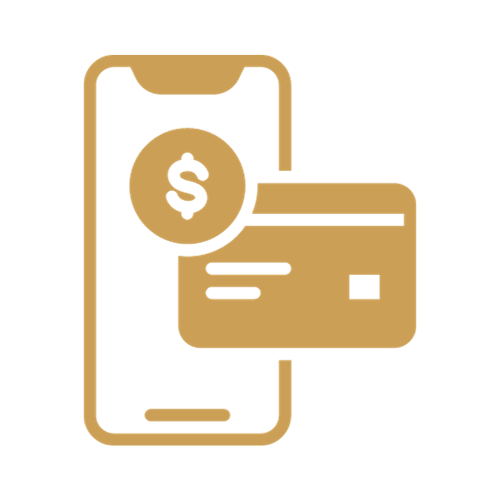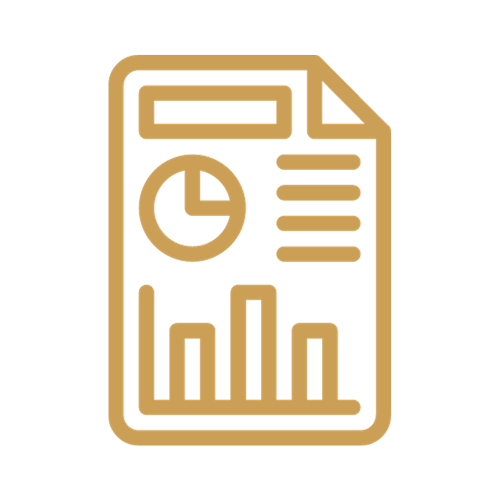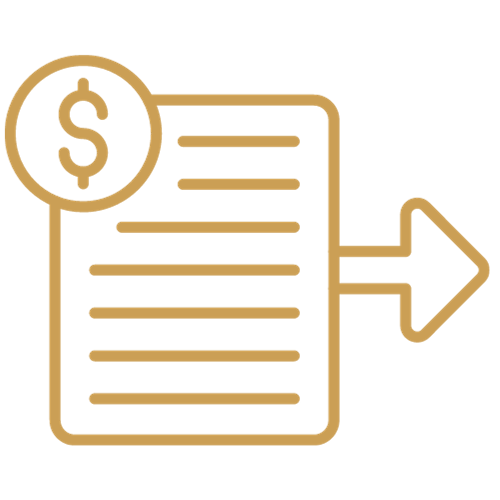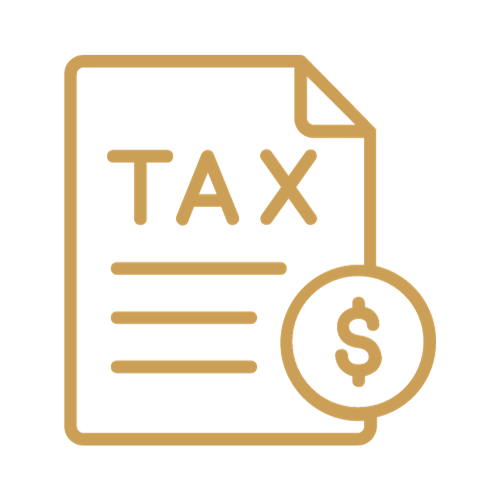We’ve all heard of balancing our check books but nowadays that often feels like a thing of the past. With online banking and so much digital information at our fingertips, the idea of balancing a checkbook seems antiquated. However, for small businesses, balancing your checkbook, or reconciling your bank accounts is an important step in securing your financial footing.
Reconciling your accounts is the process of making sure your financial records match up with your bank or credit card statements. It makes sure no money has gone missing, you’ve received all of the payments you expected to, and you have a clear understanding of your financial situation. While reconciling your accounts may seem like a tedious task, it is an important tool to help you understand your cash flow as well as avoiding fraud and detecting bank errors.
Understanding Cash Flow
By reconciling your accounts, you’ll know what money has come in and gone out. This will help you know if you have outstanding checks or outstanding deposits. An outstanding check is a check that you have written and recorded, but maybe hasn’t been cashed by the person who received the check. An outstanding deposit may be a check that you’ve received but hasn’t cleared via the bank. Understanding your cash flow helps you stay on top of outstanding deposits while preventing you from writing a check that may not clear.
Avoiding Fraud
While no one likes to think they could be a victim of fraud, the reality is that it happens. Someone could tamper with the amount written on a check you gave them, withdrawing more from your account than you intended, or an employee could potentially pocket some cash out of your till. Regularly reconciling your accounts could help you recover money if you notice fraud has likely happened.
Detecting Bank Errors
Banks aren’t perfect, they are run by imperfect people just like us, who make mistakes too. It is important to understand every line item and every charge on your bank statements to make sure you aren’t losing money that’s yours.
How to Reconcile Your Accounts
- Identify the beginning balance and ending balance of a set time period in both your bookkeeping records and the bank or credit card statement you’re reconciling. For instance, this could be the first and last day of the month.
- Review each transaction on your statement, making sure you have a matching journal entry in your bookkeeping records.
- If you come across any discrepancies, do a little digging to figure out why and adjust your journal entries as needed.
Reconciling your accounts can seem like another task that will continually fall to the bottom of your to-do list, even though it can be vital to the financial success of your business and necessary in preparing your annual taxes. While it’s good to have your eyes on your finances as a business owner, we know it isn’t for everyone which is why we offer specialized bookkeeping services to meet your needs. Fill out our form here to receive a free estimate as to how we could support your financial goals today! You can also schedule a free discovery call to see how we can help if that’s more your style!




